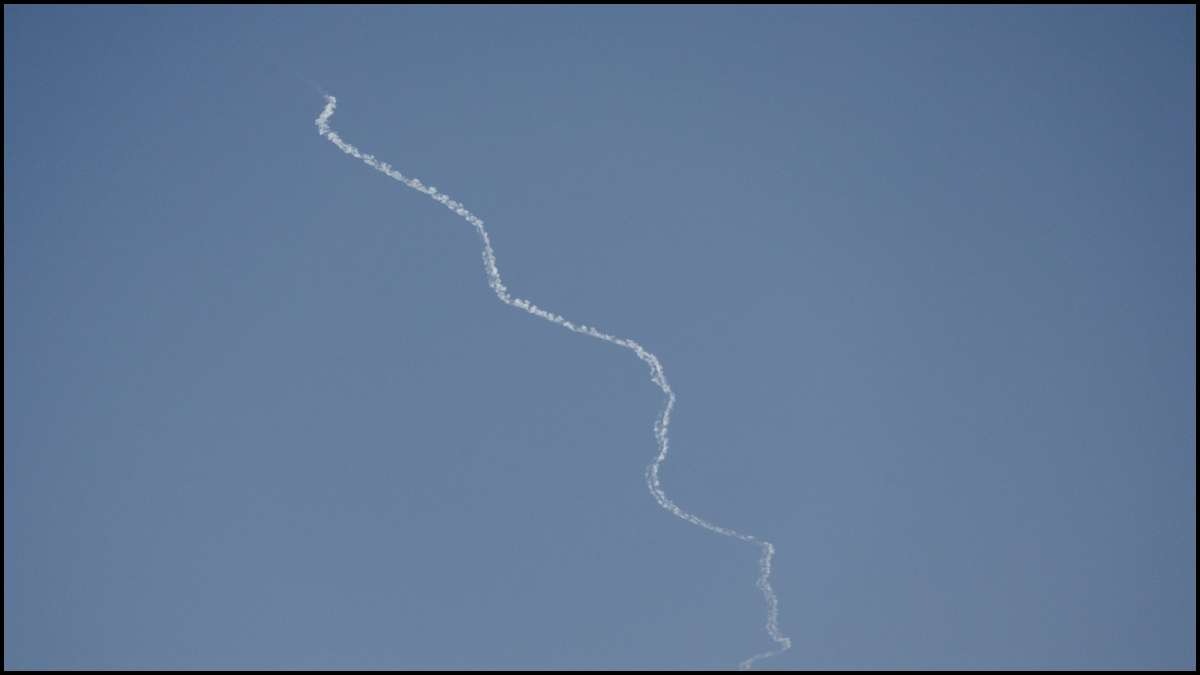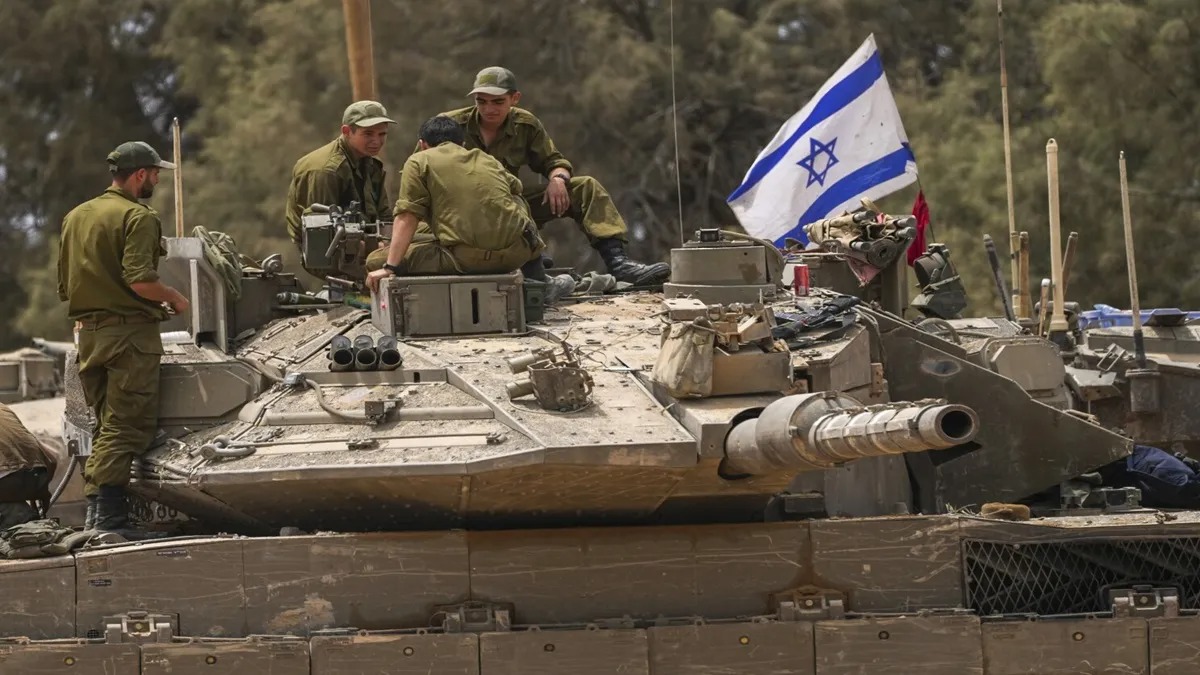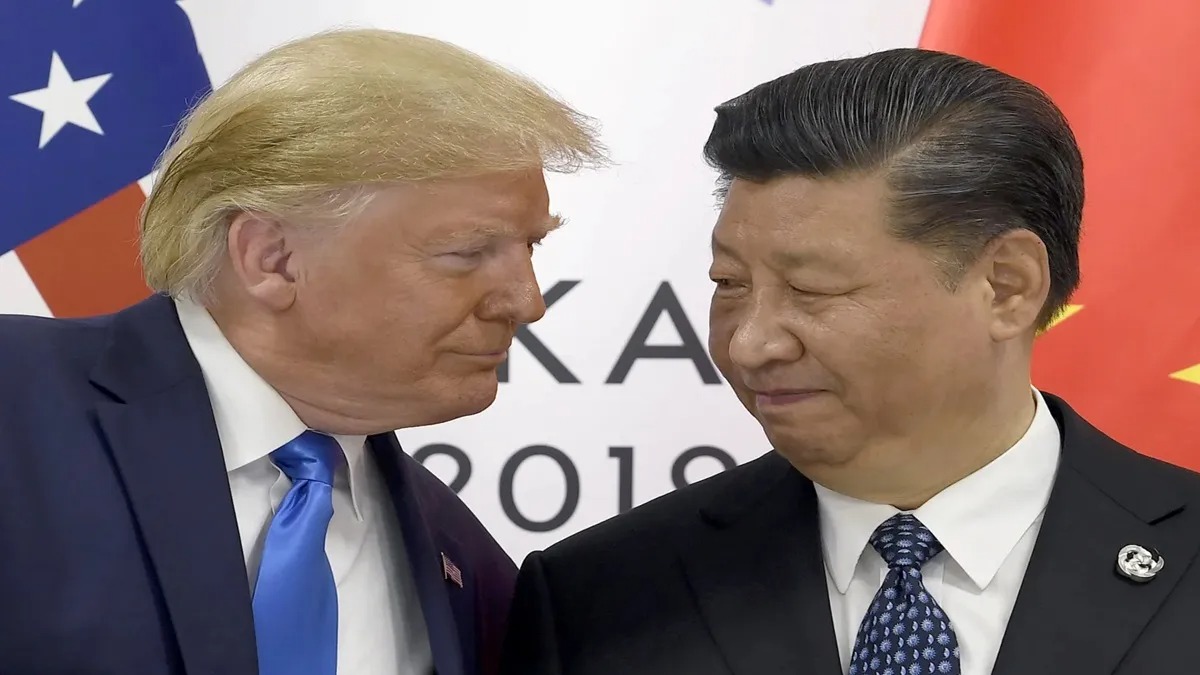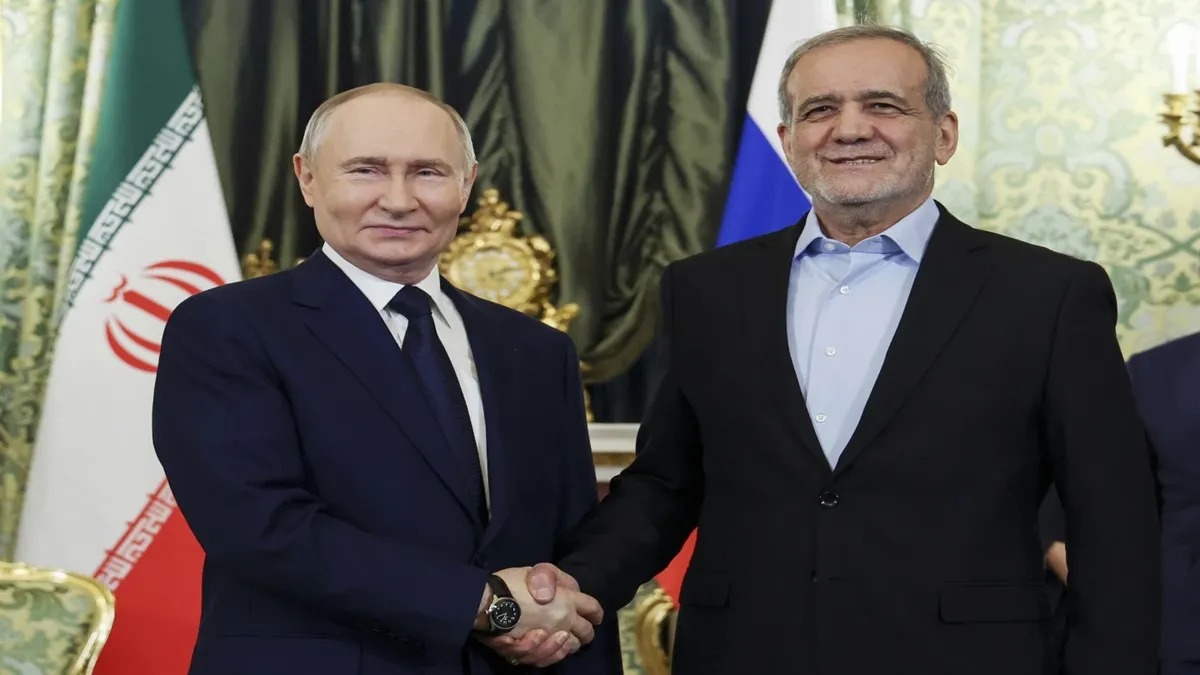
International: Hezbollah on Wednesday said it fired a missile targeting Israeli spy agency Mossad's headquarters near Tel Aviv, which it blamed for the assassination of its leaders and the exploding communication devices used by its members, marking a further escalation between the two sides towards a full-fledged war after Israeli strikes killed hundreds of people in Lebanon.
The Israeli military said its air defence systems intercepted a surface-to-surface missile crossing from Lebanon as warning sirens sounded in Tel Aviv. There were no reports of damage or casualties and the military said there was no change to civil defence instructions for central Israel. The military said it struck the site in southern Lebanon from which the projectile was launched.
Hezbollah said it fired a Qader 1 ballistic missile targeting the headquarters of the Mossad agency. The Israeli military said it was the first time a projectile fired from Lebanon had reached central Israel. Hezbollah claimed to have targeted an intelligence base near Tel Aviv last month in an aerial attack, but there was no confirmation.
Israel, Hezbollah moving towards all-out war
The launch heightened ongoing tensions as the region appears to be teetering toward another all-out war, even as Israel continues to battle Hamas in the Gaza Strip. A wave of Israeli strikes on Monday and Tuesday killed at least 569 people in Lebanon and forced thousands to seek refuge elsewhere as families fled the southern part of the country.
The Iranian-backed Hezbollah movement in Lebanon fired hundreds of missiles and rockets at Israel in recent days as months of conflict across the border with southern Lebanon has intensified sharply. The Israeli military has been conducting its heaviest air strikes of the war this week, targeting Hezbollah leaders and hitting hundreds of targets deep inside Lebanon.
Israel said late Tuesday that fighter jets carried out “extensive strikes” on Hezbollah weapons and rocket launchers across southern Lebanon and in the Bekaa region to the north. The military has said it has no immediate plans for a ground invasion but has declined to give a timetable for the air campaign. On Tuesday, a strike in Beirut killed senior Hezbollah commander Ibrahim Qubaisi, who headed the group's missile and rocket force.
In Beirut, thousands of displaced people who fled from southern Lebanon were sheltering in schools and other buildings. Israeli Defence Minister Yoav Gallant said the attacks had weakened Hezbollah and would continue. Hezbollah "has suffered a sequence of blows to its command and control, its fighters, and the means to fight. These are all severe blows," he told Israeli troops.
Why are Israel and Hezbollah fighting?
Tensions between Israel and the Lebanese militant group have steadily escalated over the last 11 months. Hezbollah has been firing rockets, missiles and drones into northern Israel in solidarity with Palestinians in Gaza and its ally Hamas, a fellow Iran-backed militant group. Israel has said it prefers a diplomatic solution that would move Hezbollah away from the Israel-Lebanon border. Hezbollah says that it also wants to avoid all-out conflict and that only an end to the war in Gaza will stop the fighting.
The recent events escalated matters further as at least 37 people, including Hezbollah militants, were killed and over 3,000 were injured in back-to-back pagers and walkie-talkie explosions across Lebanon on September 17 and 18 last week, which the country alleged was carried out by Israel. Hezbollah’s leader vowed to retaliate and launched a wave of rockets into northern Israel.
The UN Security Council scheduled an emergency meeting on Lebanon for Wednesday at the request of France. "Lebanon is at the brink. The people of Lebanon – the people of Israel – and the people of the world - cannot afford Lebanon to become another Gaza," UN Secretary-General Antonio Guterres said.
In 2006, Israel and Hezbollah engaged in a devastating month-long fight which was triggered after the militants kidnapped two Israeli soldiers in a cross-border raid. In that war, Israel heavily bombarded southern Lebanon and Beirut and sent a ground invasion into the south. The fighting in the 2006 war had killed hundreds of Hezbollah militants and nearly 1,100 Lebanese civilians and left large swaths of the south and even parts of Beirut in ruins.
--Advertisement--

 Desk
Desk Share
Share






